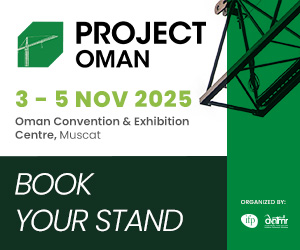Qatar’s Public Works Authority (Ashghal) has announced a sweeping five-year infrastructure development plan worth over QAR 81 billion (approximately USD 22 billion), set to run from 2025 to 2029. The initiative will drive major improvements across multiple sectors, including housing, health, education, culture, and climate resilience.
According to Ashghal President H.E. Dr. Mohammed bin Abdulaziz Al Meer, the comprehensive plan includes the development of citizens’ land plots, the construction of government buildings, expansion of sewage networks, and the implementation of strategic water outfall systems. These upgrades are designed to reduce flooding, improve water treatment, and boost the overall efficiency of Qatar’s infrastructure.
A flagship component of the strategy is the Strategic Outfalls Project, which will officially launch this year. This two-phase initiative aims to reuse stormwater for irrigation and cooling purposes and will serve northern and southern Doha. Major tunneling work on the main network will begin in 2025, with sub-tunneling scheduled for early 2026, in coordination with the Ministry of Municipality and the Ministry of Environment and Climate Change.
Ashghal also plans to tender several Public-Private Partnership (PPP) projects, including infrastructure works for over 5,500 residential plots across different locations. These will encompass road construction, sewage and treated water networks, landscaping, and lighting systems. A PPP model is also under review for the second phase of the Al Wakra and Al Wukair wastewater treatment facility.
To support local contractors and strengthen the construction sector, Ashghal has introduced a package of financial and regulatory measures totaling QAR 21 billion (USD 5.8 billion). This includes direct payments, easing of financial constraints, the substitution of maintenance reserves with bank guarantees on advanced projects, contract extensions, and improved performance evaluation frameworks.
Ashghal’s latest plan reaffirms Qatar’s commitment to sustainable development, long-term urban planning, and private sector engagement as key pillars of its national vision.
Source: Zawya



















































































